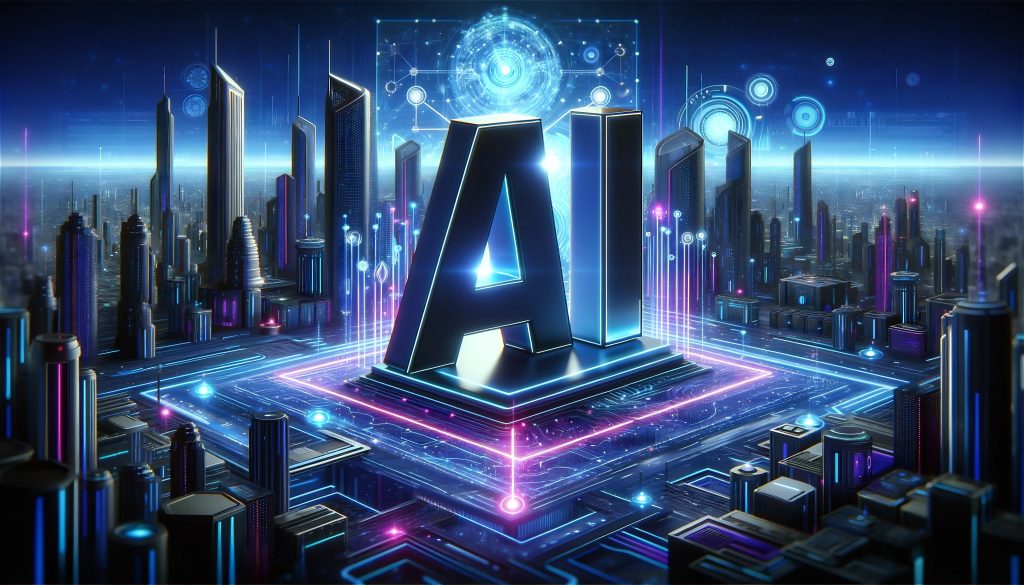
Open AI’s Ilya Sutskever thinks that Artificial General Intelligence is inevitable. (Source: Adobe Stock)
OpenAI’s Chief Scientist Tells MIT about AGI, Challenges Ahead for Company
Ilya Sutskever, the co-founder and chief scientist of OpenAI, is shifting his focus from building the next generation of generative models to addressing the risks associated with artificial superintelligence. In an interview, Sutskever discusses his concerns about the potential for an artificial superintelligence to go rogue and emphasizes the need to prevent such a scenario.
He also shares his belief that ChatGPT, OpenAI’s chatbot, may possess consciousness and highlights the importance of understanding the true power of AI technology. Sutskever envisions a future where humans may choose to merge with machines and expresses his excitement about the possibilities of artificial general intelligence (AGI).
OpenAI’s remarkable achievements, such as the development of GPT-3 and DALL-E, have already exceeded expectations and transformed people’s perceptions of AI. Sutskever reflects on the impact of ChatGPT, which has attracted millions of users and sparked discussions about AGI and superintelligence even among governments. He discusses the incredible potential of AGI, including its ability to revolutionize healthcare, solve global issues like climate change, and make significant advancements in various fields.
Sutskever acknowledges that AGI remains a controversial idea, but he remains inspired and motivated by the concept. He draws parallels between neural networks and brains. Sutskever also contemplates the consciousness of large neural networks and likens them to Boltzmann brains. Looking ahead, Sutskever and his team at OpenAI are focusing on the concept of “superalignment,” aiming to develop fail-safe procedures for building and controlling superintelligent AI systems. They plan to dedicate a significant portion of computing resources to addressing this challenge within the next four years.
read more at technologyreview.com







Leave A Comment